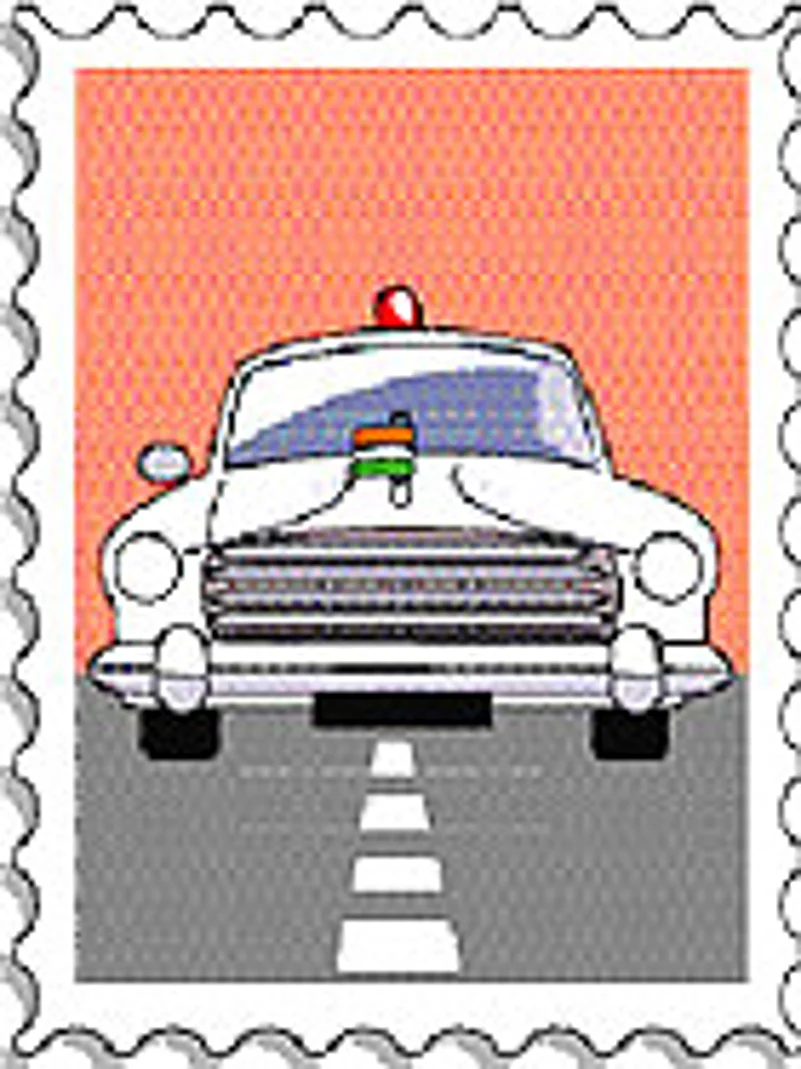
Alpha Malevolence?
Although India Today did not invite me for its conclave, I caught Salman Rushdie on television. Dressed nattily in a Nehru jacket, laughing at his own jokes (always a bad sign for an aspiring humorist), fiddling with an incipient goatee, he delivered an eloquent, profound, passionate and sardonic oration on the theme he is rightly obsessed with: freedom of expression. There is very little in what he said that one can argue or disagree with. Free speech must be protected, nourished and cherished in our land—and writers like Salman Rushdie must be allowed to come and go as and when they wish.
Yet, I find Sir Salman an increasingly polarising figure. He was mild on Pranab Mukherjee, Akhilesh Yadav and Omar Abdullah for refusing to share a platform on which he was the marquee speaker. He was less mild on Imran Khan (who also refused), mauling and mocking him mercilessly. Although Imran is rather an easy target for someone of the intellectual stature of Sir Salman, Mr Rushdie is nevertheless entitled to his pound of flesh. My problem is that for a pragmatic, wise and nuanced writer, he shows not an iota of sympathy, much less understanding, for the compulsions which forced the four cowards to decline an invitation to sup with him. Akhilesh and Omar, given the multiple enemies they possess, would be committing certain political suicide if they appeared to hobnob with him. Pranabda took the day off because his party presumably would have frowned if he had even casually shaken hands with Sir Salman. Between career harakiri and being perceived by the free speech ayatollahs to have surrendered to the ‘bigots’, they chose the latter. I do not endorse what they did but I can understand why they did it.
I wonder why Sir Salman was so harsh on poor Imran. It’s hardly a secret what game he is playing. However, I suggest a small, very small, cheer for Imran for simultaneously seeming to take on the mullahs and the military. Could it be that Mr Rushdie is a trifle jealous of Mr Khan? Both are/were dedicated womanisers and, without taking sides, it has to be conceded that Imran has a better strike rate with the ladies than the world-famous author.
Dear Departing
The recent demise of the Encylopaedia Britannica brings back memories. In the mid-’60s, I was a travelling salesman for the Encyclopaedia working on a commission. My beat initially comprised parts of Shepperton in Middlesex. After a day’s training in etiquette and protocol in central London (ring the bell, wait for exactly 60 seconds, if no reply, do not ring again), I was kitted out with a briefcase in which there was one sample copy of the Britannica and loads of promotional material. The idea was to ensnare a family with growing children between the hours of 5 and 9 pm to subscribe to the whole set. The buyer would get one copy a month and pay when they received it. All they had to do was part with a token sum—five pounds, I think—and fill in a form.
I had very little, indeed no luck. The ’60s were a period when racism was at its height in Britain and few English families were going to let in an “oriental gentleman” with a bulging briefcase. I worked for a week and did not sell a single set. Instead I got called “black bastard, get out” several times. One or two doors would open but all I earned was a polite no, thank you, and a cup of tea.
Two-Quid Life
After a gap of 40 years, I have just finished re-reading George Orwell’s novel, Keep the Aspidistra Flying. Set in Britain in the late ’40s, it is a harrowing tale of a struggling poet, Gordon Comstock, struggling to live up to his socialist beliefs. A bleak story told in brutal prose. Perhaps it is semi-autobiographical, reflecting Orwell’s early down-and-out life.
Comstock is eventually broken by a system which worships money. He resigns a job in an advertising company, preferring to work on much lower wages in a book shop. Frequently, he does not have enough money for a meal and goes to bed hungry. Yet, he keeps writing poetry and keeps getting rejection slips from upmarket publications. In the end, he is crushed. He knocks up his girlfriend, does the honourable thing, becomes middle class and embraces the world of money: he goes back to the advertising company he had grandly quit. He complains to a rich upper-class friend, “You don’t know what it means to live on two quid a week. It is not a question of hardship—it’s nothing as decent as hardship. It’s the bloody, sneaking meanness.”
The India-borns
Unlike Cliff Richard, who is also a Lucknow Boy but tries very hard to hide it, another pop star, Engelbert Humperdinck (76), whose real name is Arnold George Dorsey, openly confesses he was born in Allahabad. Mr Humperdinck is a favourite to win the Eurovision Song Contest.
While I Was There...
The only interesting person I met last week was the beautiful actress Kajol at Bhaichand Patel’s book launch. Unfortunately, she ignored me completely.
Vinod Mehta is editorial chairman, Outlook, and its founding editor-in-chief
E-mail your diarist: vmehta AT outlookindia.com




















